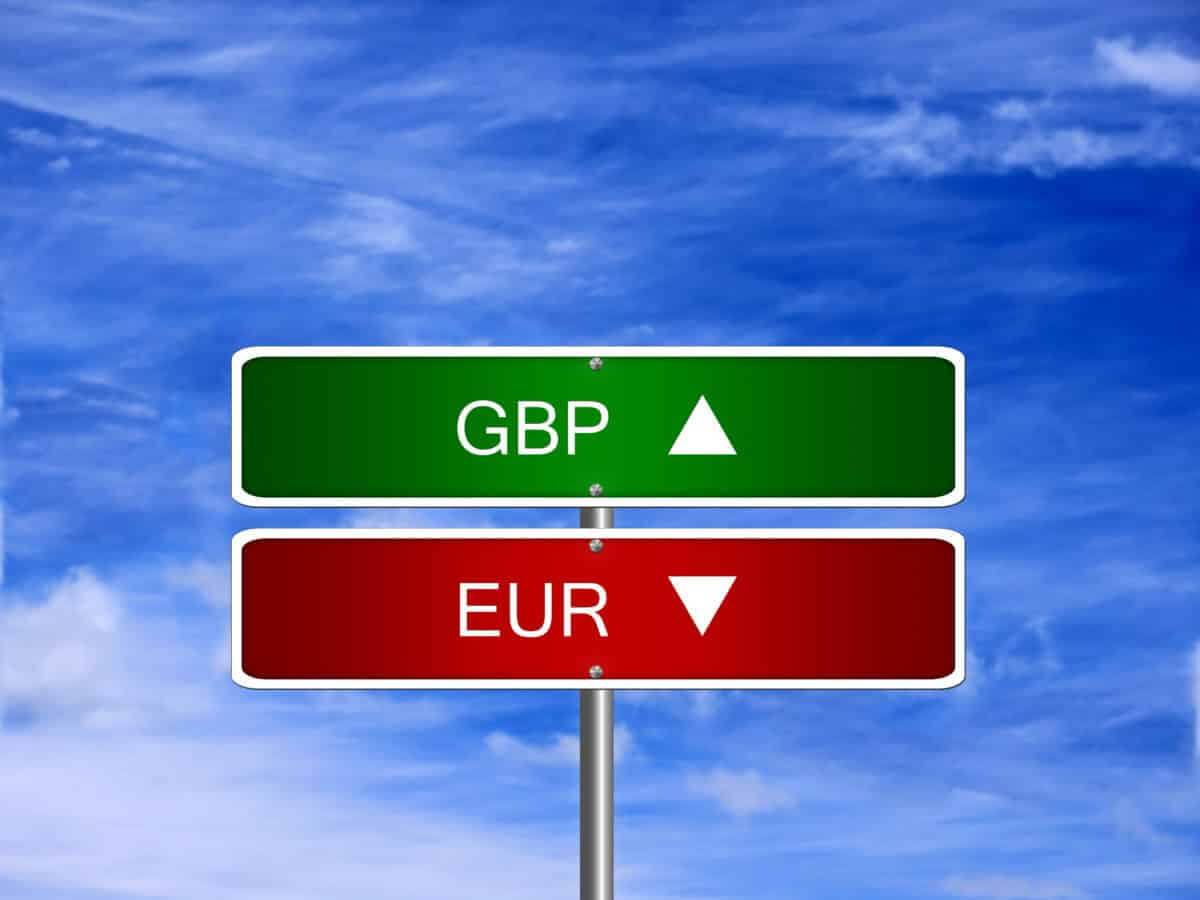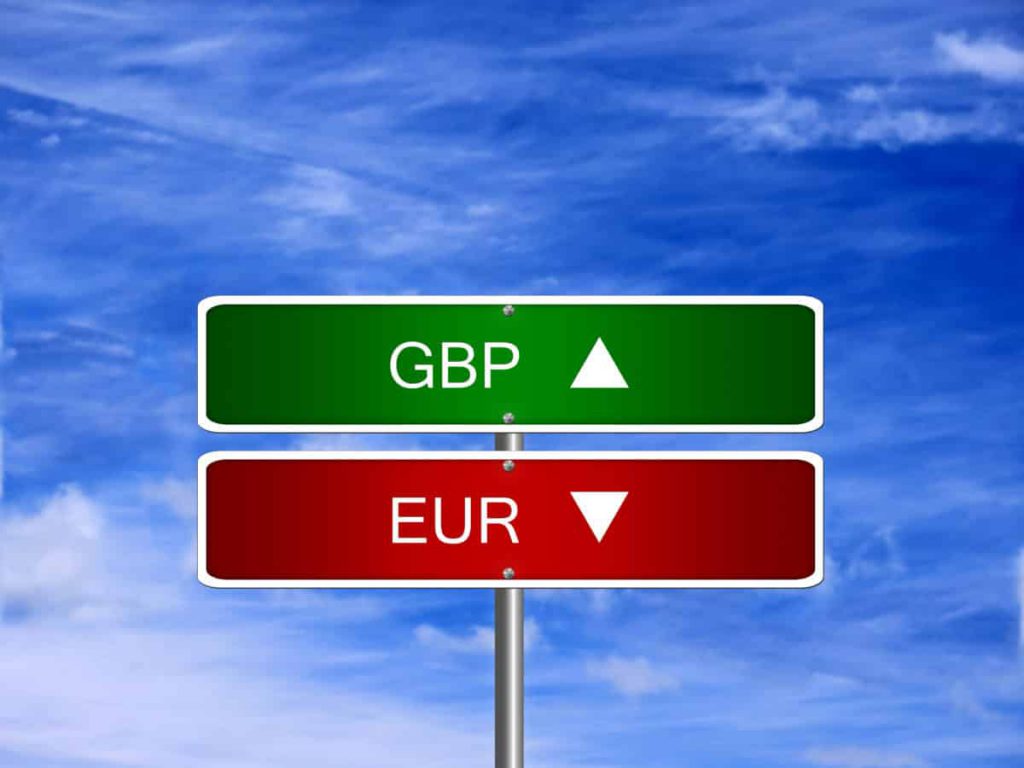
EURUSD and GBPUSD charts overview for April 19
- During Asian trade, the euro strengthened against the dollar.
- During the Asian session, the pound was consolidating around 1.30000 levels.
- On Tuesday, Japan’s industrial production rose more than estimated in February, official data from the Ministry of Economic, Trade and Industry.
- The World Bank lowered its forecast for global economic growth this year, citing the consequences of the war in Ukraine.
EURUSD chart analysis
During Asian trade, the euro strengthened against the dollar. The EU continues to worsen its relations with Russia economically, politically and diplomatically. During the holiday weekend, it was announced that the introduction of a gradual embargo on oil imports from Russia was being considered immediately after the second round of the presidential elections in France, which are being held on Sunday. The French Minister of Finance confirmed that this morning. Uncertainty over the outcome of the second round of the French presidential election puts additional pressure on the euro. The euro is exchanged for 1.0800 dollars, representing the strengthening of the common European currency by 0.21% since the beginning of trading tonight. For the bullish option, we need the continuation of this bullish impulse to the previous high at 1.08400. It is optimistic that we moved above the MA20 and MA50 moving averages. Our next target is the 1.08500 level, and an additional potential resistance at that level is the MA200 moving average. Break EURUSD could take us up 1.09000 of the top trend line to testing. A break above would strengthen the bullish option, while otherwise, a new withdrawal would return us to a stronger bearish trend. FOR the bearish option, we need negative consolidation and withdrawal of EURUSD below moving averages. After that, we would retest the support zone at 1.07500, and the increased bearish pressure would probably lower the pair even lower, forming a new April lower low.
GBPUSD chart analysis
During the Asian session, the pair was consolidating around 1.30000 levels. In the European session, the pound jumps from 1.30000 to 1.30600 level. It didn’t stay there long, and now we have a new pullback at 1.30150. We can expect new support testing at 1.30000. For the bullish option, we need GBPUSD growth above 1.30500 levels. After that, we would get additional support in all moving averages. With the continuation of the bullish impulse, our next target is the 1.31000 level. Pressure at that level can create an upper line of resistance, and a break above would increase bullish optimism for the potential continuation of the pound’s recovery. We need negative consolidation and pullback to the previous support zone for the bearish option. A break below this zone would test the previous low at 1.29700. After that, the pair would probably form a new April minimum, thus confirming this year’s bearish trend.
Market overview
Japan’s industrial production report
On Tuesday, Japan’s industrial production rose more than estimated in February, official data from the Ministry of Economic, Trade and Industry.
Industrial production grew at a seasonally adjusted 2.0% per month in February. According to a previous report, production increased by 0.1%.
Shipments remained unchanged monthly in February. According to the initial estimate, deliveries fell by 1.3%. Inventories rose by 2.1% in February compared to a growth of 1.9%.
Amid the brutal fall of the Japanese yen, the country’s chief cabinet secretary Hirokazu Matsuno said they were closely monitoring currency movements and their potential impact on the economy.
The World Bank forecast for global economic growth
The World Bank lowered its forecast for global economic growth this year, citing the consequences of the war in Ukraine, World Bank President David Malpass said on Monday.
The outlook for global growth has been reduced to 3.2 % from 4.1 %, Malpass told reporters in a conference call.
The downgrade largely reflects weaknesses seen in Europe and Central Asia, which cover Russia and Ukraine.
Forecasts for advanced and many developing economies have also been lowered due to high inflation caused by the supply chain disruption after the Russian invasion of Ukraine.
The President of the World Bank noted that the debt crisis is expected to continue to worsen this year.
Malpass called on the international community to immediately step up emergency food insecurity and help strengthen social safety nets.




